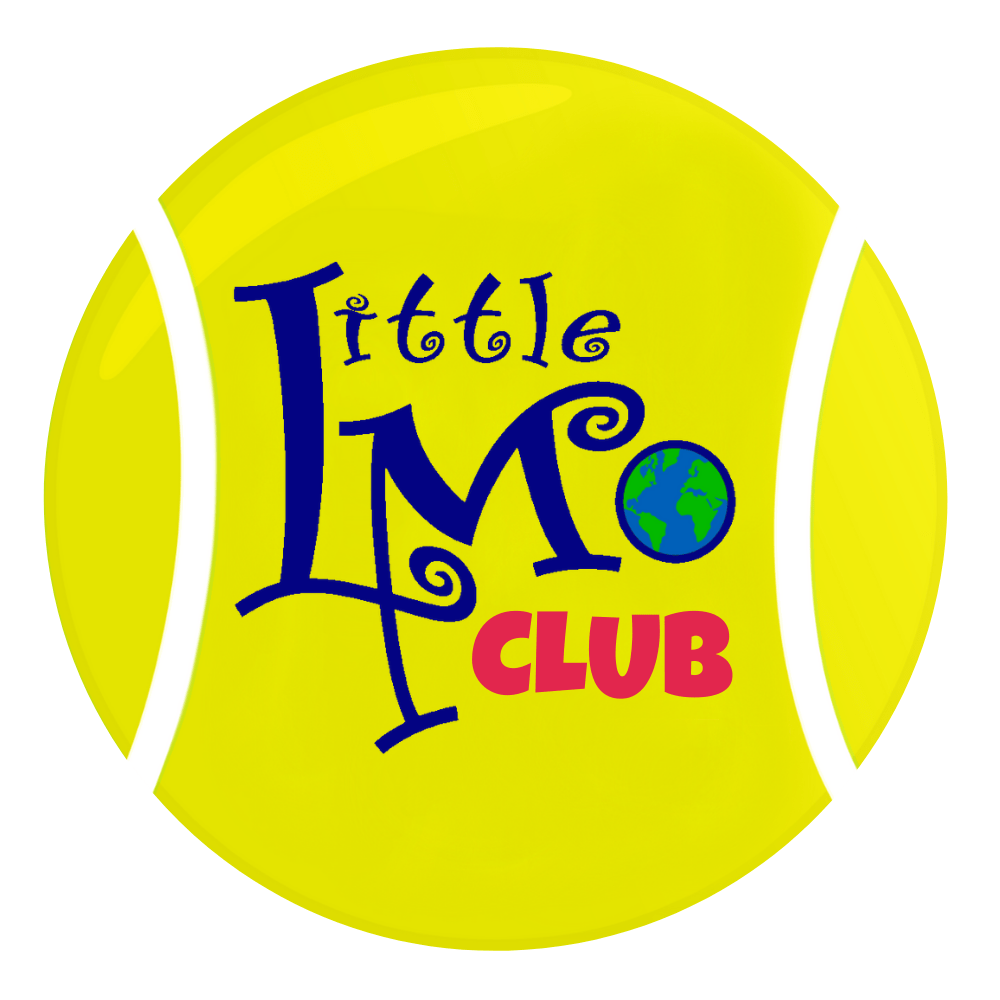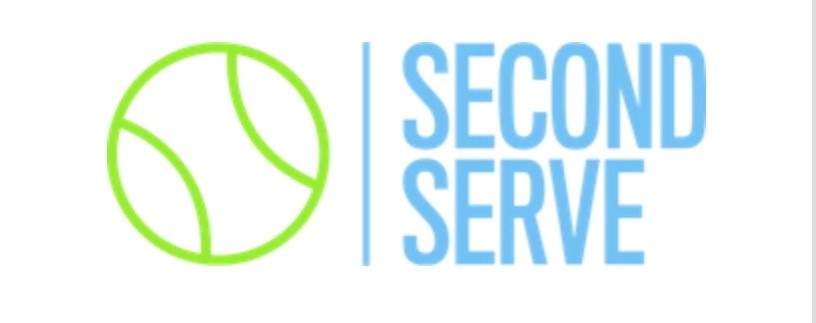Our Impact On Our Children’s Development
Up Next
Advocating for Your Child
The passages below are excerpts from a rather lengthy email I received this morning from sports psychologist, Dr. Jorge Valverde. I am reprinting them with his permission.
Our responsibility as parents is like a mountain: the bigger the mountain to climb, the stronger we must become, and our strength must come from wisdom and inspiration.
Dealing with discipline issues
Motivational strategies that produce the best results
Perfectionist approach:
Perfectionists act based on an illusion that you can do things perfectly. This tendency brings their attention to what is missing, so regardless of how well their children perform or act, they will always find something that was not done perfectly and point it out, usually without mentioning what was done well. This constant dissatisfaction with their children’s performance sends a clear message: “You are not good enough”. And since the majority of children want to make their parents proud, they will work very hard to please them but with a great deal of tension and anxiety. Eventually, children internalize their parents’ approach and become obsessive about insignificant details when performing a task, overlooking the forest by focusing too much on the trees, easily losing perspective of what really matters about the task at hand and life. Their tendency is to think too much when performing which impairs their ability to get into the “zone”. Tension easily turns into negative anger which is the biggest obstacle preventing happiness and high performance. As a consequence, children of perfectionist parents find it difficult to find peace of mind, relaxation and enjoyment in life regardless of their success. I usually ask these kids a simple question: “How do you feel when your parent focuses on the mistakes you made?” Their answer is always the same: “Not good!” An irony, isn’t it, their parents making them feel bad so they would become good!
Pursuit of Excellence Approach:
The pursuit of excellence approach focuses on conquering the inner battle between fear and total belief in oneself. Parents systematically pay close attention to building their children’s self-confidence. They prepare their children to handle any situation in life. They focus on their children’s gifts and develop them without judgment and without preconceived ideas of what their children “should” do in life. They teach the core values by example, such as integrity, positive expectancy, respect, belief and spirituality, enjoyment, appreciation, gratitude, priorities, perspective, perseverance, passion etc. They teach their children the importance of preparation and giving 100% effort when facing a challenge, and to let go and let God handle the rest, the unpredictable circumstances. *When observing and giving feedback to their kids, they focus on finding the good first, in a ratio of eight to one. They first acknowledge eight things that their children did well and with great effort, and only then they mention one aspect that needs attention or more effort. This is a powerful formula for children to create drive and total focus on their inner positive forces in life and it is one of the keys to building self-confidence.
When focusing on your children’s gifts without judgment, reinforce their excitement and interests with the attitude of a silent witness. Logistically help them channel their enthusiasm. The first spark or excitement doesn’t necessarily translate directly into one’s call or vocation, but serves as a vehicle to develop trust in the inner voice that gives direction and purpose to one’s life. When I was a child I wanted to be a veterinarian. I was fascinated by animals of all kinds. My parents gave me a puppy that became my companion for 13 years. I called him “Happy.” For several years, I was around animals, taking care of them and playing with them. Eventually, my father gave me a book about animal behavior and how to train dogs. I spent countless hours training dogs on how to do tricks of all kinds. Without realizing, my parents were developing in me key traits that are very useful today in my profession as a psychologist, but, most importantly, they were teaching me to follow my inner spark. Later, when I decided to change from studying economics to psychology only six months before graduation, I did it with great confidence even though only a bachelor’s degree was offered at that time in my country.
For more information on Dr. Valverde and his programs, be sure to visit his website, The Valverde System.












